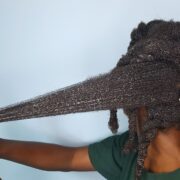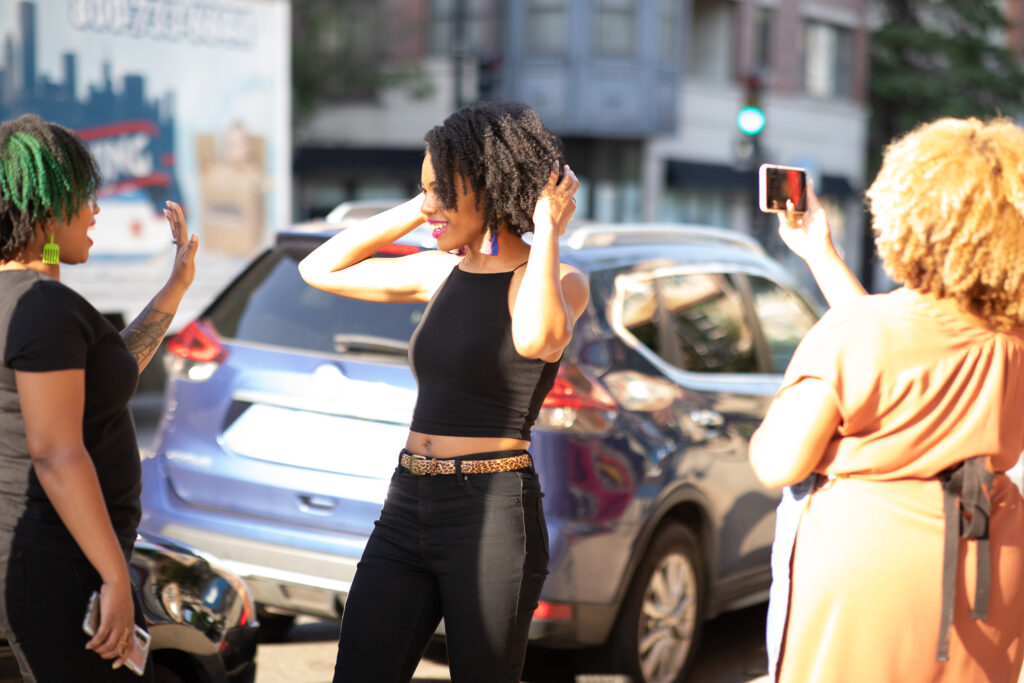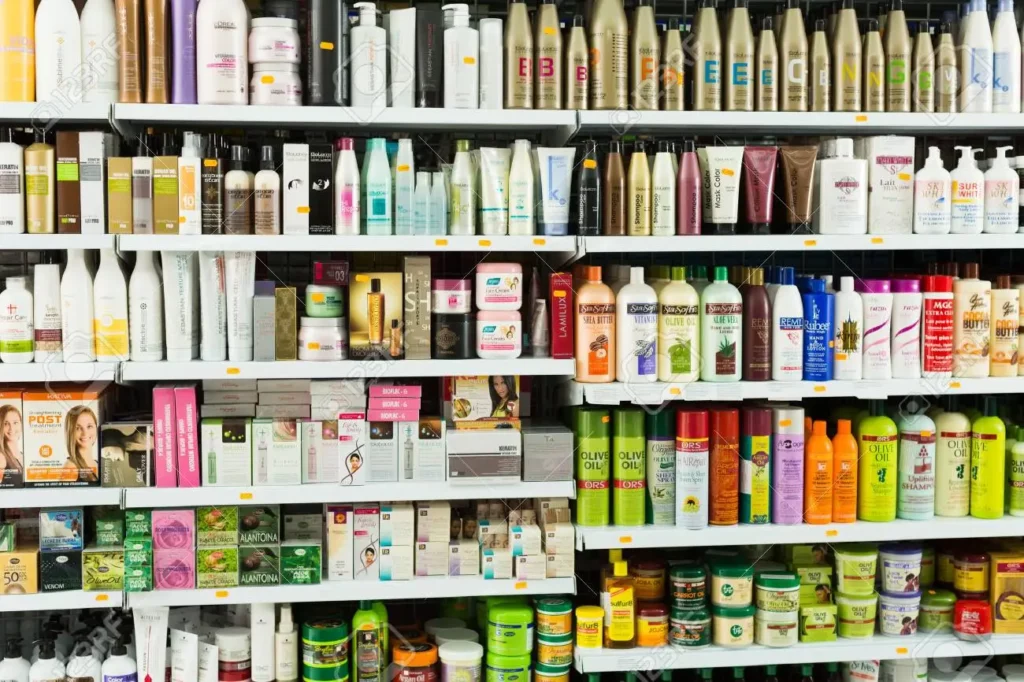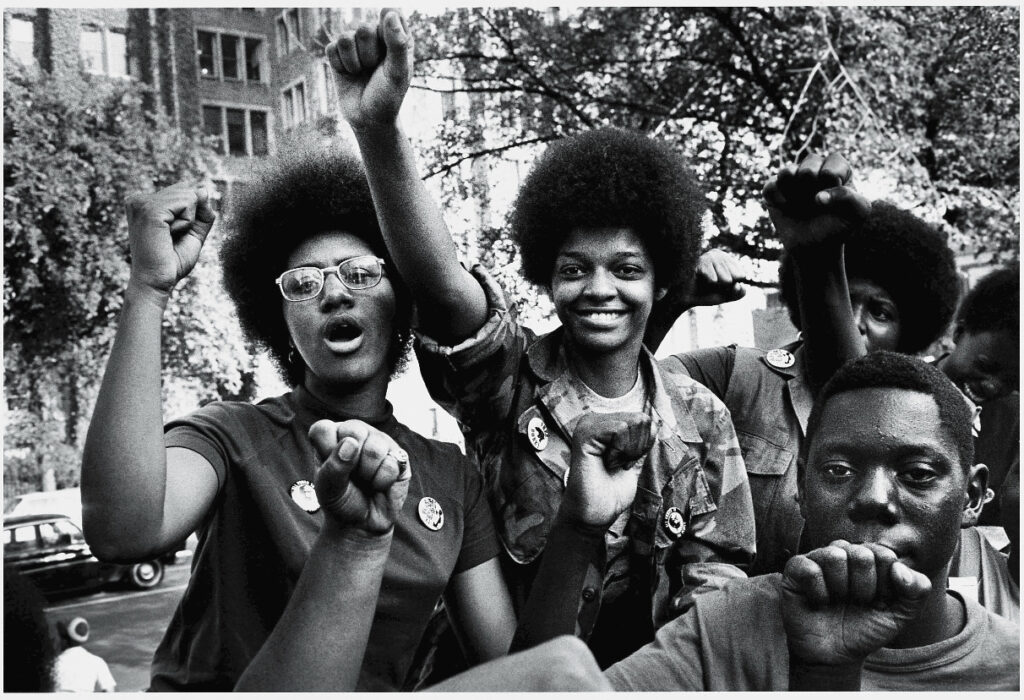Tradition vs Trend: Does everything really have to be a ‘movement’?

To grease or not to grease. That is the question.
In 2017, I stopped getting my braids done professionally and doing my own natural hair and protective styles. Between then and now, I’ve probably tried every single natural hair product you can think of. Mixed every possible ingredient concoction:: gelatine, avocado, banana baby food, flaxseed, bhringraj, you name it. With the constantly changing information, I found myself following every “movement” and online “trend” when it comes to taking care of my natural hair.
The online Black hair community is often led by trends or movements. Whatever is trending is what people tend to follow. Currently, the trend or conversation discussed by most in the community is the “No oils, no butters” method. Twitter threads and Instagram videos have travelled across the community, sharing the details of this method. Oils and butters have been used historically across the African Diaspora, therefore the response to this online movement has revealed the polarising opinions of non-traditional methods of natural hair care.

The 30-Day hair detox, as a part of the “No oils, no butters” method is a program designed by two licensed hairstylists, Aisha Strickland and Aielese Harris. Over the past few years, they have shaken up natural hair discourse through their Instagram posts and educational natural hair forum, “I am Black Girl Curls”. The 30-Day hair detox consists of cutting out raw oils and butters, as well as non-botanical hair products from natural hair routines for 30 days, to start with, in order to maximise hydration and tight curl definition. These stylists reject the traditional argument that natural hair requires heavy oils or butters, to act as a sealant in order to trap the moisture inside of the hair strand.
Historically, Black people have been using oils and grease as staple hair care products for hair and scalp health. This new wave of natural hair information draws on the science of hair care to argue that oil does not seal in moisture but rather blocks water from entering the hair. Meaning that in the long term, the hair will become unable to accept and retain moisture.

Many natural hair products and brands have been criticised for the use of certain ingredients formulated into products, especially those marketed at Black women. A UK report by Statista valued the UK hair industry in 2019 at £1.72 billion and revealed that Black British women spend 6 times more than their white counterparts on haircare. With this huge market, brands have shifted their advertising, co-opting the language of the natural hair movement in order to expand their customer base.
With the fast manufacturing and formulation of natural hair products, ingredients such as triethanolamine are typically used to stabilise and preserve hair products. Varying reports have speculated that these ingredients form cancer-causing agents when mixed with some ingredients. The hysteria surrounding carcinogenic ingredients has shrouded Black hair care discussions sinceshocking reports about the possible links between lye relaxers usage and hormonal imbalance and possible risks of breast cancer. Global giant Olaplex, known for their No.3 bond building treatment, has recently been scrutinised due to reports that their fragrance ingredient had links to reproductive health risks.

Over the past few years, we’ve witnessed the rise of Black-owned hair brands, which are more attentive to formulation and the ingredients which are most beneficial for Afro-textured hair. These brands have made waves in shifting the tide surrounding Black haircare, but then comes the question of accessibility. Access to resources and information plays a key role in how we look after our hair.
With Black women disproportionately suffering from reproductive health illnesses, why are brands so comfortable formulating their products in such a way? Does this call for a pivot to more clean beauty brands, or should these current Black haircare giants be forced into mindfully reformulating their products?
Hair can be a staple form of identity. It has been used in such a way in Afro-diasporic cultures throughout history. There is a lot of resistance in the way that Black people style their hair, and also a sense of power that can come through this. Hair could also just be hair, but society does not allow it to be. It is an external, societal lens that scrutinises Black hair in this way. Conversations between “naturalistas”, hairstylists, wig wearers, those with relaxers, should not be as provocative as they currently are if we were to simply remember that hair can mean as much to certain people as they choose it to. We do not have to apply this level of scrutiny within our communities. It does not have to be a political statement, not a crown, but it can be just what it is – hair.
Check out the GUAP Arts & Culture section, to discover new art, film, and creative individuals.

